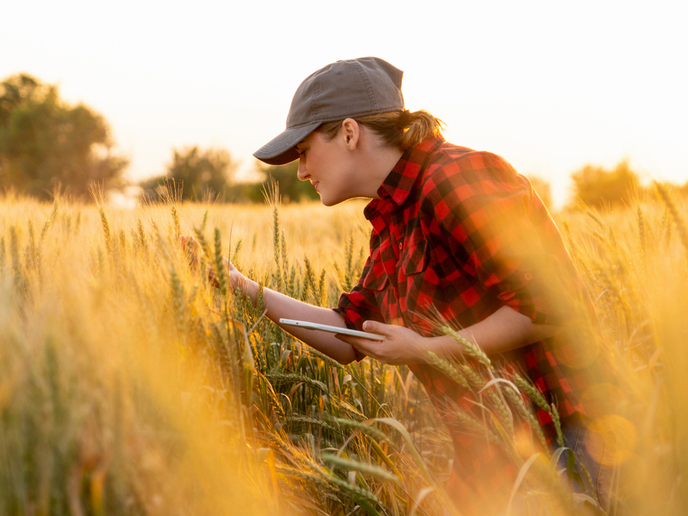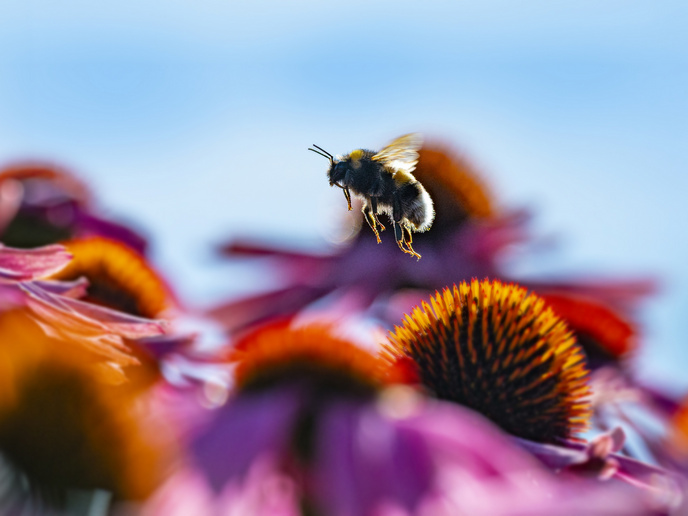Bringing agriculture online for serious benefits
Serious games have education and training as their primary motive. Early examples of game-based learning include pilot training using flight simulators and emergency room training for health professionals. Fast forward a few decades, and the EU-funded GATES project is making sure the benefits of such applications are available to a core European area of commercial activity: agriculture.
Access to resources and interactive learning
Project coordinator Spyros Fountas drives the point home from the outset: “The main value proposition of GATES is that it provides a serious game-based training platform, making use of different gaming technologies, to train professionals across the agricultural value chain on the use of smart farming technologies (SFTs).” This convenient, online solution – a repository of sorts – allows the deployment of SFT’s full economic and environmental potential in European agriculture. “GATES offers its platform as an appealing and fast interface needed to browse through a variety of SFT solutions and find the most suitable one,” Fountas notes. As such, the concept is effectively evolving GATES into a one-stop shop for interactive learning about the positive impacts of SFTs on agricultural production. The current game prototype derived from the FI-WARE SPAN game, which stood at technology readiness level (TRL) 4. Presently ranked as TRL 7, GATES was developed as a cross-platform (Android/iOS/Windows) offline game with online capabilities. Its main components cover game engine, 3D/2D environment, data module, user interface and artwork.
Market analysis and assessment trials
Project partners conducted an extensive market and business analysis of the potential of gaming in agriculture in eight European countries. The results reveal significant differences, challenges and opportunities between countries. Both countries in early stages of adopting new technologies in agriculture and countries where new technologies have been moved to mainstream agriculture were included. GATES trialled the platform in three iterations and developed three marketable viable products. Questionnaires and focus groups were used to record comments from the targeted actors: farmers, advisors, farm machinery personnel and agricultural students. “The feedback was so important that we even changed the whole design after the first iteration and the feedback by the testers,” Fountas says. A long list of project outcomes highlights the success of GATES. They range from narrowing the SFT adoption gap and divide and reducing the environmental impact of agriculture to strengthening the position of European SMEs in the global SFT market. “The most significant outcome,” Fountas comments, “was on how SFTs could influence the environment reducing fuel cost and resources while maintaining or even increasing productivity.” Here, he offers the example of one player who, when buying new equipment, managed to tailor farming activities at an optimal level.
Agriculture joins the digital revolution
GATES marks a first in transferring scientific knowledge from the agricultural domain into a game that all interested customers can play. In turn, they learn how to use SFTs to their advantage. The game is far from over, though. Partners are engaging with machinery manufacturers to explore opportunities for them to tailor GATES to their brands and needs. Ongoing efforts will ensure one of Europe’s oldest sectors stays abreast of related developments.
Keywords
GATES, agriculture, SFT, farming, smart farming technologies, serious game, interactive learning, gaming, game-based learning







